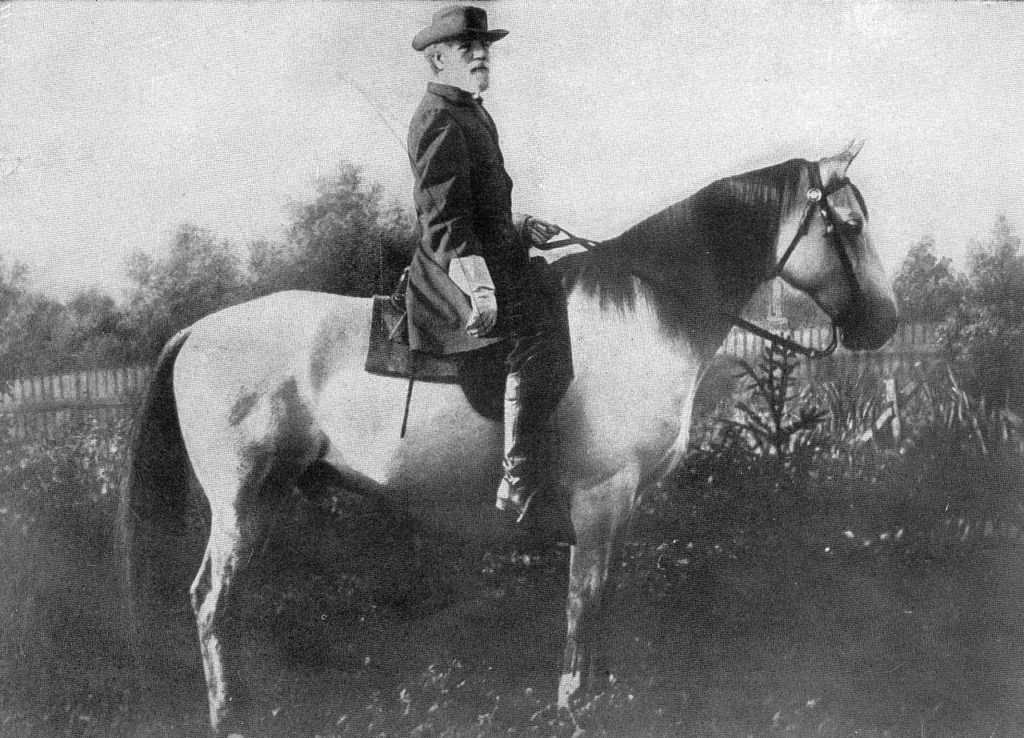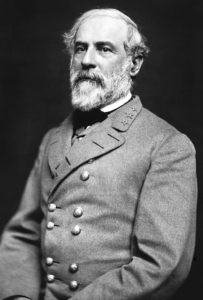
Listen to or download this week’s radio program:
© 2017 Don Pinson | [Download]
(Link not working? Right-click and select “Save As”.)
The outcry to remove Confederate monuments from the public square is not, at its root, an issue of racial justice. One of the ways we know this is that the leaders who are stirring people to march in the streets against monuments of Robert E. Lee are the same people who will vehemently defend Planned Parenthood. Planned Parenthood murders more children by abortion that any other one organization in America, and many of those are black children. Their founder, Margaret Sanger, believed the black race was inferior and should be killed. And, no doubt, this is why they’ve placed so many of their “clinics” in predominately black neighborhoods. And now abortion is the leading cause of death in the Black community (sisforlife.org)! If the leaders of this “remove the monuments” movement were so concerned about racial justice, why do they so adamantly support Planned Parenthood?
The truth is: Robert E. Lee was one of the greatest American Christians ever! Lee once spoke of the Bible to Chaplain William Jones:
“There are things in the old Book which I may not be able to explain, but I fully accept it as the infallible Word of God, and receive its teachings as inspired by the Holy Spirit.”
(Young, Marse Robert, p. 344. Peter Marshall & David Manuel, The Glory of America Calendar (Garborg’s Heart’N Home, Inc., Bloomington, MN, 1991), 8.9.)

On the way to battles, Lee would often stop and join his troops if they were gathered praying. Perhaps this is why he was accused of wanting to get Bibles to his troops more than bullets!
On April 8, 1864, President of the Confederacy, Jefferson Davis, asked his nation to observe a day of fasting and prayer. Of this observance, Lee stated to his troops,
“Soldiers! Let us humble ourselves before the Lord, our God, asking through Christ, the forgiveness of our sins, beseeching the aid of the God of our forefathers in the defense of our homes and our liberties, thanking Him for His past blessings…”
(Lee, Robert Edward, April 8, 1864, issuing orders concurring with Confederate President Davis’ proclamation of a day of fasting, humiliation, and prayer. John Williams Jones, D.D., Christ in the Camp (B.F. Johnson & Co., Richmond, VA, 1887, 1897; p. 58). Peter Marshall & David Manuel, The Glory of America Calendar (Garborg’s Heart’N Home, Inc., Bloomington, MN, 1991), 4.8.)
General Lee once spoke of his reason for fighting against the North in the War when he stated:
“I have fought against the people of the North because I believed they were seeking to [wrestle] from the South dearest rights. But I have never cherished toward them bitter or vindictive feelings, and have never seen the day when I did not pray for them.”
(William J. Johnson, Robert E. Lee, the Christian (The Abington Press, NY), p. 156. Peter Marshall and David Manuel, The Glory of America Calendar (Garborg’s Heart’N Home, Inc., Bloomington, MN, 1991), 6.22.)
On June 4, 1865, about six weeks after the war ended, during the communion service of his church an incident occurred which really reveals what kind of man Robert E. Lee was. A black man showed up at his church in Virginia, and they were not yet welcomed by all the people in the churches. He shocked everyone when he was the first to go forward to receive the communion.
 “The congregation froze…Then General Lee ‘arose in his usual dignified manner…and reverently knelt down to partake of the communion, not far from the Negro.” The other people quickly followed his example.
“The congregation froze…Then General Lee ‘arose in his usual dignified manner…and reverently knelt down to partake of the communion, not far from the Negro.” The other people quickly followed his example.
(Peter Marshall and David Manuel, The Glory of America Calendar (Garborg’s Heart’N Home, Inc., Bloomington, MN, 1991), June 4th entry partially quoted from: Flood, Lee, p. 65-66.)
Perhaps historian, William Johnson summed up Lee’s life the best of anyone. He stated:
“After years of study of the life and character of Robert E. Lee, I fail to find, in his whole career, from the cradle to the grave, a flaw in his relations to his family, his friends, his associates, or his enemies…and in his moral, social, and religious character.”
(William J. Johnson, Robert E. Lee, the Christian (Mott Media, Milford, MI, 1976), p. 18)
Jesus said we must “…judge with righteous judgment.” (John 7:24). This is true also of judging people in our history!
Think about it; because if you don’t, someone else will do your thinking for you—and for your children! And you won’t like what that brings to you. I’m Don Pinson; this has been Think About It.
